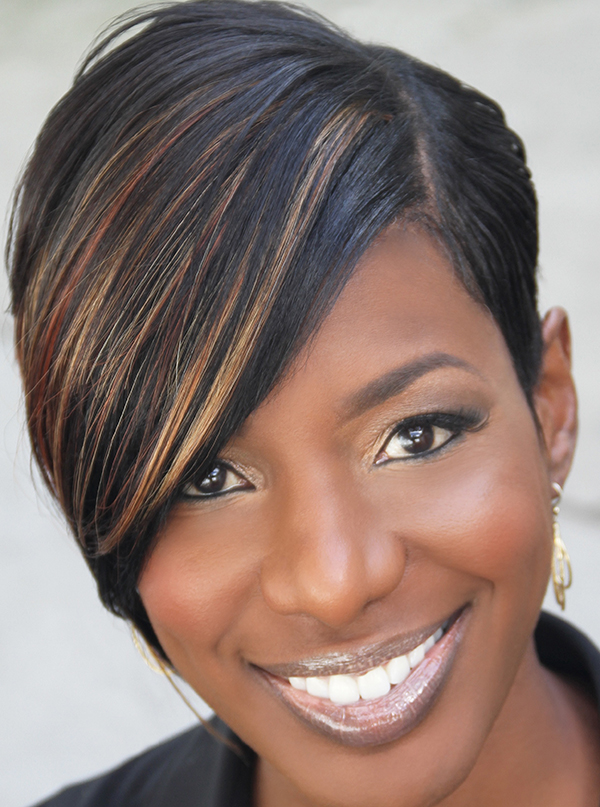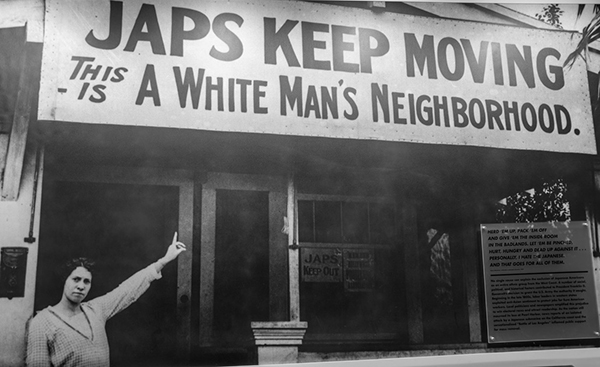By Starlett Quarles
Contributing Columnist
Last year, I read an article on NBCNews.com entitled “Are you prepared to be your parent’s caregiver?” The article said that approximately 53 million Americans provide care for a family member with their responsibilities ranging from helping with activities of daily living, to providing some medical care or managing [their] financial, legal and medical decisions.
As I have written in the past, many of my Gen X peers are now being faced with some of the realities of becoming their parent’s caregivers. And what many of them are quickly realizing is that they are not adequately prepared to handle this life-changing experience, especially when it comes to dealing with their parents’ financial and legal responsibilities.
Caregiving is hard enough — emotionally, socially, physically, mentally and financially. But if we’re not adequately prepared for it, or worse yet, our parent’s death, then we are just setting ourselves up for a world full of stress.
As the article stated, “understanding and preparing for the responsibilities [of caregiving] can help you take better care of your loved ones — and yourself.”
In addition to listing medical, social support and radical self-care as important areas to consider when preparing to become a potential caregiver, two areas the article also mentioned that I feel African-American parents need to pay closer attention to are succession planning around their legal and financial obligations.
“Caring for your parents will be easier if they give you legal authority to handle medical and financial matters when they can no longer make those decisions,” the article said. “If your parents have advanced directives, a living will, medical and financial powers of attorney, and a last will and testament, you’ll be able to care for them in the manner they would prefer.”
Let me ask my peers with living parents, how many of you know your parents’ medical preferences and final wishes? Do they have life insurance? A burial plot? Veteran benefits? Debt?
Is there a last will or living trust? If so, where is it located, and have you read it? If not, why? Have you not had that hard conversation with your parents yet?
What about their financial records and access to important documents? Do you know where your parents keep their list of “account numbers, logins and passwords to bank and investment accounts, credit cards, mortgages, insurances policies and other assets?”
And if your parents are entrepreneurs and own a business or businesses, is there a succession or legacy plan in place? And are you (or your siblings) prepared to take control, or put that plan into action, if they pass away unexpectedly?
I hate to sound so morbid, but these are some of the hard questions we need to start asking our aging Baby Boomer parents — especially if we are their current caregivers, or our parents are not cognitively impaired and willing to share all their information. We just need to ask the questions and begin to prepare for their subsequent end.
I know that sounds harsh, but the truth of the matter is, that’s a painful and sobering reality faced by many of today’s Gen Xers.
And if the past two years have taught me anything, it is the value of preparing for the untimely death of a loved one. Because what COVID has definitely shown to be true is that tomorrow is not promised — for anyone, at any age.
So let me now ask as it relates to this conversation on preparing for caregiving: What were you taught about leaving a legacy or legacy-building growing up?
Was it a conversation on how to maintain your family’s assets (i.e., family home or business) for generations? Or one on how to pass down your family’s belief system, set of values, traditions or attitudes? Or a bit of both philosophies?
In my humble opinion, when it comes to leaving a legacy, for most African-American families sometimes our beliefs have very little to do with passing down our assets or generational wealth, but more to do with the generational transmission of our socio-cultural experiences, traditions and lifestyle.
So when it comes to a time like now, when we’re faced with an unforeseen parental loss or having to care for an ailing parent, we often find ourselves overwhelmed, unprepared and uninformed about what to do — leaving many of us stressed, “suffering in silence,” and sometimes forced to create a GoFundMe Page to request help with covering the unexpected funeral expenses of a parent or loved one.
In year three of this global pandemic, take some precious time to become an advocate for your parents — and yourself — by preparing before they require any caregiving assistance. And when it comes to the legacy conversation around their last wishes, legal documents and financial responsibilities, start the conversation now if you already haven’t. Ask the hard questions.
No matter how uncomfortable or taboo it may feel, in the long run you’ll have the peace of mind knowing that you are well prepared to care for your parents, if necessary; and they’ll have the ability to rest in peace since they know their final wishes will be met and their legacy is properly secured and in place for you and yours.
Starlett Quarles is a Gen X Advocate, public speaker and host of the internet TV Talk Show, “The Dialogue with Starlett Quarles.” For more, please visit www.TheDialogueLA.com. This article was originally published Dec. 30, 2021.













